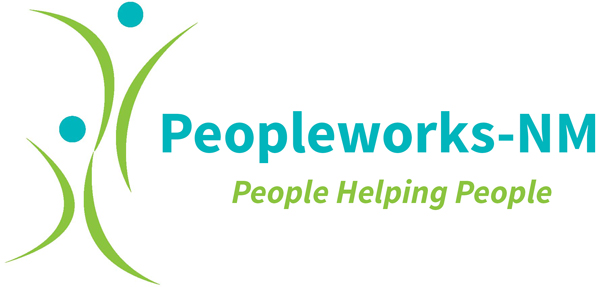From Enjoyment to Problem?
Warning: Risk Factors to Developing a Problem with Gambling
 Problem gambling risks: Understanding the potential for gambling to take over our lives is important! Gambling can be a positive recreational activity for many people. Casino gambling is a safe space and provides a break from our house or our work. Interacting with casino staff and possibly other casino attendees can be a form of socialization. If a recreational gambler loses money, they do not regret it but instead view the experience as being fun. In recreational gambling, the $100 spent (or whatever amount) is just like taking the family to the movies or buying clothes. In other types of gambling, the local poker game or buying of lottery tickets or placing a sports bet may provide enjoyment, even if brief. The anticipation of a potential win can boost our spirits.
Problem gambling risks: Understanding the potential for gambling to take over our lives is important! Gambling can be a positive recreational activity for many people. Casino gambling is a safe space and provides a break from our house or our work. Interacting with casino staff and possibly other casino attendees can be a form of socialization. If a recreational gambler loses money, they do not regret it but instead view the experience as being fun. In recreational gambling, the $100 spent (or whatever amount) is just like taking the family to the movies or buying clothes. In other types of gambling, the local poker game or buying of lottery tickets or placing a sports bet may provide enjoyment, even if brief. The anticipation of a potential win can boost our spirits.
But sometimes people become hooked. A combination of brain chemistry, exposure and length of gambling, having a need to escape to avoid dealing with difficult relationships or trauma or loss; and even the way we think about gambling can lead us to disordered or problem gambling.
Risk Factors
Here are some of the risk factors for developing a problem with gambling:
Who You Are:
- Being a part of a culture which encourages gambling
- Having predisposition to excitement or impulsive behaviors
- Being easily bored, hardworking, competitive (athletes fall in this category)
- Being a younger male, age 18-35
Exposure to Gambling:
- Having a big win in the early stages of gambling
- Early exposure to gambling (in childhood)
- Close proximity to gambling establishments
- Having family members who engage in gambling
Types of Problems You Have:
- Having significant losses or trauma prior to or during gambling episodes
- Having obsessive compulsive traits
- Overuse of substances – whether alcohol, stimulants, even cannabis, opioids
- Having a personality disorder
- Having ADHD, Bipolar Disorder, Schizophrenia or Parkinson’s meds
Ways You Think About Gambling:
- Gambler believing that gambling will solve financial problems
- Gambler believing that there is spiritual or special help to win
- Gambler believing that a win will follow a series of losses (Gambler’s Fallacy)
While these are problem gambling risks, having any of these risk factors does not mean you will become a gambler with a problem! It just means that if you have one of these risk factors that you become more aware of your thoughts and feelings before engaging in gambling, and while you are gambling. Just as some of us have risk factors for diabetes, or risk factors for cardiac disease doesn’t mean we will develop those problems. But we need to be extra watchful.
Be Extra Watchful!
So, how do we keep watch over ourselves? What does that really mean?
First, I must say that self-management – whether managing our emotions or our behaviors – is really the hardest job any of us has! Knowing ourselves, and how motivated or excited we get for any type of activity is very important. For example, there are times in my household that we may need to limit eating sweets. If there’s a ready supply, guess what? What drawer or what area of the kitchen do we migrate to? But knowing that most times, I can limit myself to two cookies or 12 gummy bears, then it may be ok to have those options in the house. The problem arises more acutely though, under times of stress. Then, the pathway to the cookies becomes more direct and I navigate more swiftly to the sweet option for the day! The same goes for managing our gambling, or any other behavior or substance that can become addicting!
Knowing that you have the craving for sweets, the craving for the excitement of gambling, the urge to drink is really key. And maybe you don’t have any of these struggles…yet. I hope you don’t. But if you see yourself in any of these risk factors, just stop and think. Taking that extra minute or several minutes before hitting the bet button or driving to the casino or heading to the kitchen will be preventative. Taking 10 deep breaths and looking around your surroundings can help. Realizing what or who you appreciate in your current circumstances is also helpful. Then after your pause, eating two cookies, buying two lottery tickets or spending $30 in a sports bet is ok. Best of all, you can walk away from it afterwards, saying it was an ok day!
Check out this article from Better Health for more in depth strategies if you know you have an issue and want to change your behavior.
If you are concerned that you might be at risk or are falling into problem gambling, this page can help and you can always reach out to us here.
PeopleWorks NMIs here to support your mental health therapy needs.







Recent Comments